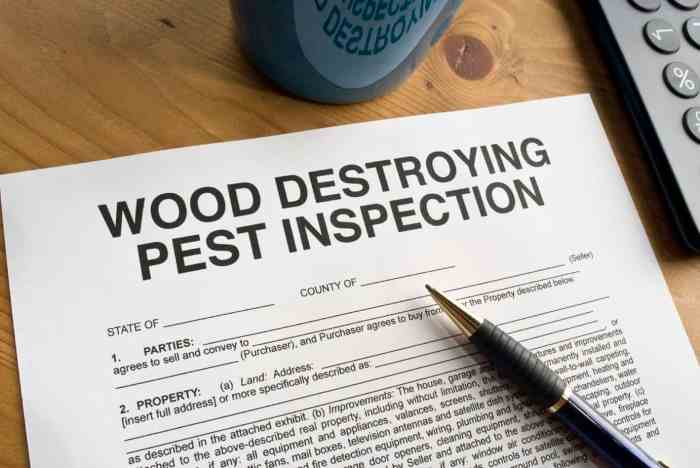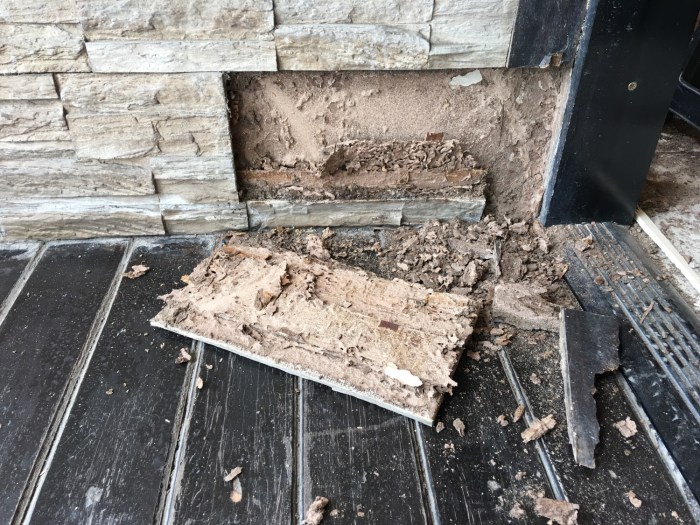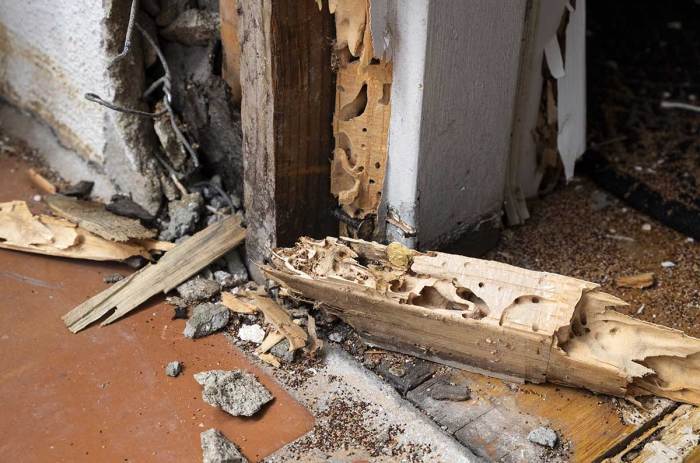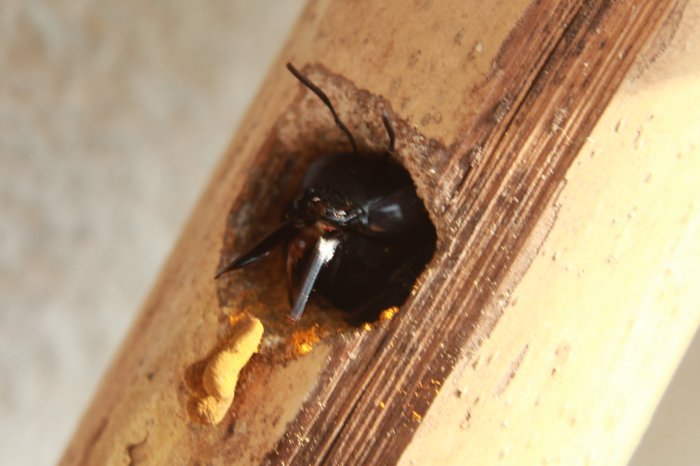Texas wood destroying insect report – The Texas wood-destroying insect report is a crucial document that provides essential information about the presence or absence of wood-destroying insects in a property. This report is mandatory in Texas before the sale or purchase of real estate and plays a vital role in protecting homeowners from potential structural damage and costly repairs.
This comprehensive guide delves into the types of wood-destroying insects found in Texas, the signs and symptoms of infestations, methods for detection, and the significance of obtaining a Texas wood-destroying insect report. It also highlights the importance of hiring a qualified inspector, treatment options, and preventive measures to safeguard your property from these destructive pests.
1. Types of Wood-Destroying Insects in Texas

Texas is home to a diverse array of wood-destroying insects, each with its unique characteristics and potential for damage. These include:
- Subterranean Termites: These highly destructive insects live underground and build mud tubes to access wood. They primarily feed on cellulose, causing extensive damage to structural timbers, flooring, and furniture.
- Drywood Termites: Unlike subterranean termites, drywood termites do not require contact with soil and can infest wood in dry conditions. They are known for their distinctive pellet-shaped droppings.
- Carpenter Ants: These large, black ants nest in wood and excavate galleries to create their colonies. Their activity can weaken structural supports and cause cosmetic damage.
- Powderpost Beetles: These small beetles infest seasoned hardwood and produce fine, powdery frass as they bore into the wood. Their larvae can cause significant damage to furniture, antiques, and other wooden objects.
- Old House Borers: These large, round-headed beetles lay their eggs in cracks and crevices of wood. Their larvae tunnel through the wood, creating large, unsightly holes.
2. Signs and Symptoms of Wood-Destroying Insect Infestations

Early detection of wood-destroying insect infestations is crucial to minimize damage and prevent costly repairs. Telltale signs include:
- Holes: Holes in wood can indicate the presence of wood-boring insects such as carpenter ants, powderpost beetles, or old house borers.
- Frass: Fine, sawdust-like material (frass) is produced by wood-boring insects as they feed and tunnel through the wood.
- Weakened Wood: Wood that is infested with insects may become soft, spongy, or brittle, indicating structural damage.
- Discoloration: Wood may exhibit discoloration, such as brown or black streaks, which can be a sign of insect activity.
- Unusual Noises: Some wood-destroying insects, such as carpenter ants, may produce audible noises, such as tapping or rustling, as they move through the wood.
3. Methods for Detecting Wood-Destroying Insects: Texas Wood Destroying Insect Report

Several methods can be employed to detect wood-destroying insects, including:
- Visual Inspections: A thorough visual inspection of the property, including the exterior, interior, and attic, can reveal signs of insect activity, such as holes, frass, or weakened wood.
- Moisture Meters: Moisture meters can detect elevated moisture levels in wood, which can attract wood-destroying insects. High moisture content can indicate the presence of subterranean termites or other moisture-dependent insects.
- Acoustic Emission Detection: Acoustic emission detection involves using sensitive equipment to detect the ultrasonic sounds produced by wood-boring insects as they feed and move through the wood.
General Inquiries
What are the most common types of wood-destroying insects in Texas?
Termites, carpenter ants, and wood-boring beetles are the most prevalent wood-destroying insects in Texas.
What are the telltale signs of a wood-destroying insect infestation?
Holes, frass (insect droppings), weakened wood, and unusual noises are all potential indicators of an infestation.
Why is it important to obtain a Texas wood-destroying insect report before purchasing a property?
This report provides valuable information about the presence or absence of wood-destroying insects, helping you make an informed decision about the property’s condition and potential risks.
